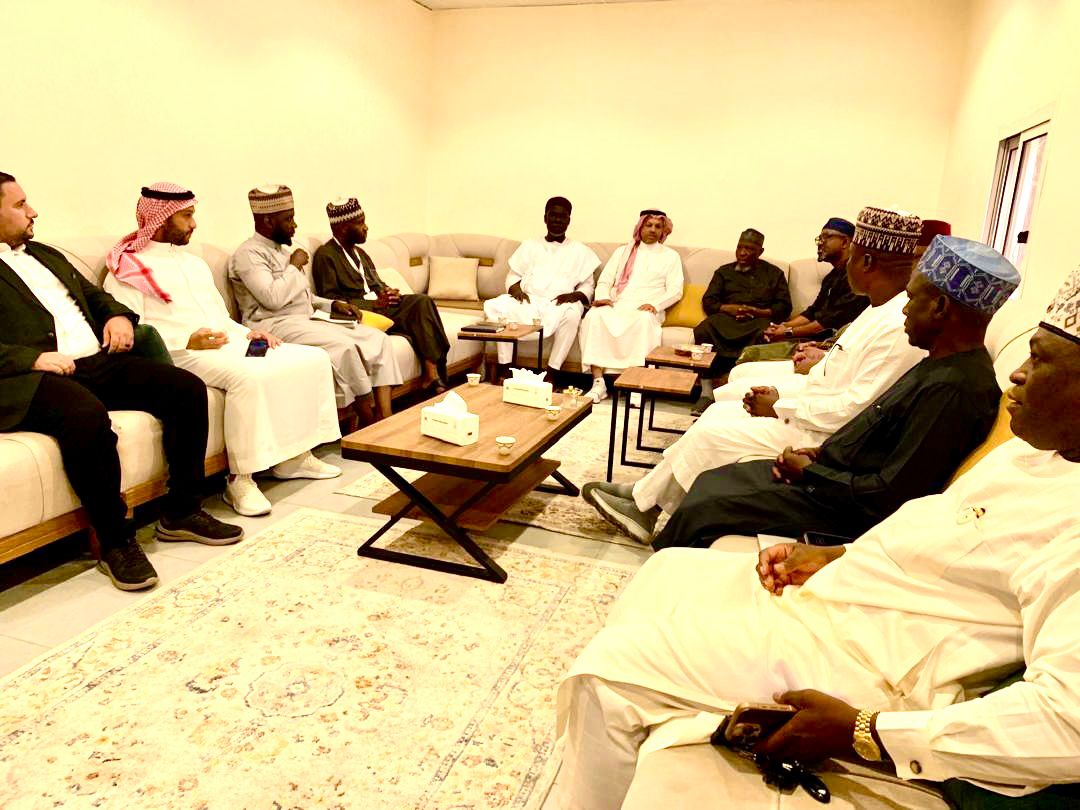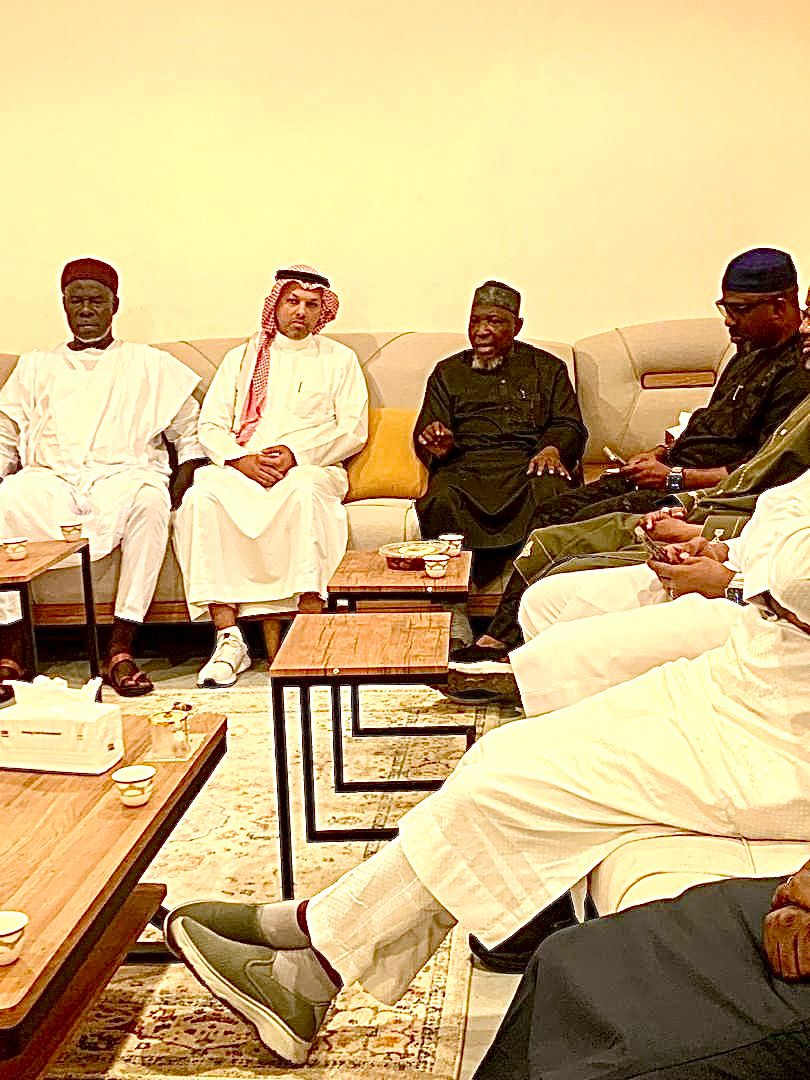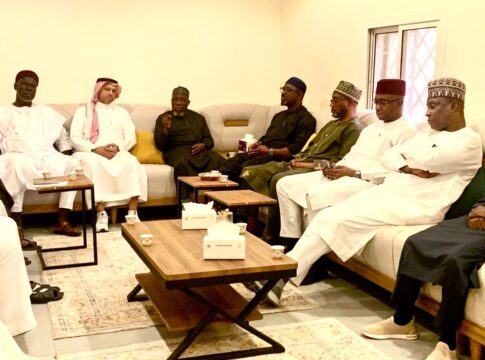By: Mariam Zubair Abubakar
Barely weeks after the conclusion of the 2025 Hajj season, the National Hajj Commission of Nigeria (NAHCON) turned its attention to the 2026 Hajj operations. With renewed focus and strategic planning, the Commission is working to address mounting logistical demands, shifting dynamics, and the likelihood of rising costs.
Early preparations, digital transformation, and stakeholder collaboration form the backbone of this new approach.
At the forefront of this effort, NAHCON Chairman, Professor Abdullahi Saleh Usman, and his management team are currently in Saudi Arabia to secure service arrangements and begin the groundwork for a seamless 2026 operation.

With 95,000 slots allocated to the Nigerian pilgrims in 2026, NAHCON management is working tirelessly since arriving in Saudi Arabia, the delegation has met with state executives and Mashariq Dhahabiya, the company that provided Masha’ir services in 2025, to negotiate better service delivery to the Nigerian Pilgrims. Additional engagements with other Saudi service providers are scheduled, alongside reviews of existing partnerships with the Saudi government agencies.
The Commission’s timeline mirrors the operational calendar released by the Saudi Ministry of Hajj and Umrah. Key deadlines include:
• September 6–23, 2025: Early contracting and payments for essential services.
• September 23–24, 2025: Final deadline for accommodation and transportation contracts.
• October 12, 2025: Pilgrim registration and data entry on the Nusuk platform.
• January 4, 2026: Completion of all contracts.
• February 25–March 20, 2026: Visa issuance.
• April 16, 2026: Commencement of pilgrims’ departure to Saudi Arabia.
For Nigeria, this marks a significant cultural shift from the historical “last-minute approach.” By aligning early with Saudi deadlines, NAHCON is setting a new standard for efficiency and preparedness.
NAHCON’s strategy reflects lessons learnt from the 2025 hajj operation. By securing services and commitments ahead of time, the Commission will not only secure better terms and pricing but also avoids the errors and crises that plagued past operations.
Beyond this, NAHCON is strengthening relationships with stakeholders at every level. The Commission maintains active engagement with federal and state agencies, private tour operators, clerics, and community leaders.

On the diplomatic front, Chairman Saleh and his commissioners have intensified outreach to both domestic and international partners. Shortly after the 2025 Hajj, NAHCON convened strategy sessions with State Pilgrims’ Welfare Boards and Licensed Tour Operators to review outcomes and set priorities for 2026 Hajj. He has also met with the Katsina state Governor among other critical stakeholders to encourage early deposits and remittance by the states and tour operators, also NAHCON has engaged more banks to widen the Hajj Savings Scheme to make it more accessible to all intending pilgrims.
The Commission’s broader vision, supported by the federal government under the able leadership of President Bola Ahmed Tinubu, is set to position Nigeria as a reference point in Hajj administration across Africa. Skilled personnel, prudent management, and sustained collaboration are key to realizing this goal.
NAHCON is not only addressing past challenges but also laying a foundation for future excellence. With a structured plan, committed leadership, and an unwavering focus on the welfare of pilgrims, the Commission has signaled that the journey to 2026 has already begun, and it is ready to rise to the challenge.
Mariam Zubair Abubakar
Writes from the Public Affairs Unit of the National Hajj Commission of Nigeria (NAHCON)





















